
If you are injured in a car wreck you typically look to the person who caused the accident and their insurance company to cover your damages. But what happens if the reckless driver’s insurance company claims they cancelled the insurance policy before the accident occurred? How can you determine whether or not that insurance company followed the proper procedures under Louisiana to cancel coverage? The best car wreck attorneys know the law and whether or not the insurance company followed it. The following case out of New Orleans Louisiana demonstrates the steps an insurance company must follow when they cancel coverage and how they can evade liability by proper notification.
Mario Diaz learned the hard way that if you are are struck by an uninsured driver, you may not be able to recover when that driver is at fault in an accident that caused your injuries. Mr. Diaz was a passenger in a car driven by Eudolio Lopez in New Orleans, Louisiana when Mr. Lopez crashed into a vehicle driven by Darrell Butler. Mr. Diaz filed a lawsuit against Mr. Lopez, Mr. Butler and his insurer, Allstate. Allstate, the insurer of Mr. Butler, responded to the lawsuit by filing a motion for summary judgment, contending that Mr. Butler was no longer covered under his Allstate policy because he had failed to keep up with his payments and had received adequate notice of the cancellation of his policy.
Allstate provided proof that the policy was canceled on February 3, 2011 after a letter was mailed to Mr. Butler on January 24, 2011 demanding he pay his premiums or lose his coverage. Allstate provided an affidavit from Ms. Collard, who controlled all of Allstate’s policy records in the state of Louisiana, stating that she had reviewed Mr. Butler’s file and confirmed that a notice was sent to Mr. Butler and that he failed to pay on time. The First City Court of New Orleans agreed and granted the motion for summary judgment. Thus, the trial court found that there was adequate proof of a cancelled policy well before the accident occurred. See Louisiana Revised Statute 22:1266.
 Louisiana Personal Injury Lawyer Blog
Louisiana Personal Injury Lawyer Blog


 Contract interpretation can be tough, but having a competent attorney review documents before you sign them goes a long way in avoiding surprises further down the line. This is important because the words that are not there are often just as important as the words that are, a lesson learned the hard way by Chet Morrison Well Services, L.L.C.
Contract interpretation can be tough, but having a competent attorney review documents before you sign them goes a long way in avoiding surprises further down the line. This is important because the words that are not there are often just as important as the words that are, a lesson learned the hard way by Chet Morrison Well Services, L.L.C.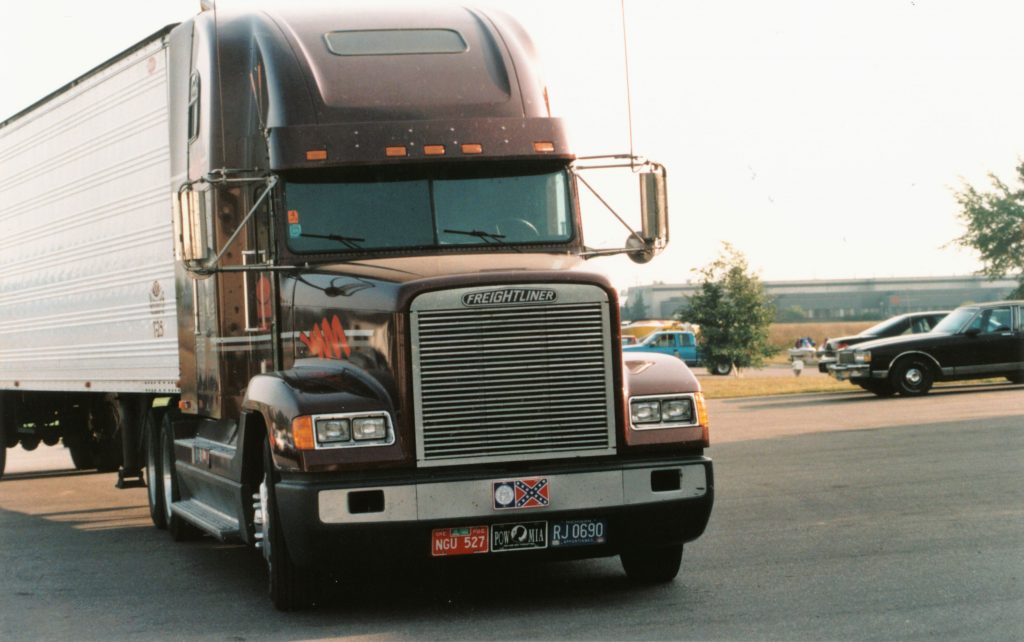 When a person is injured and left in a condition where they cannot handle their legal claims, their family may act on the incapacitated person’s behalf. If a family member is handling claims on behalf of the incapacitated, it is very important for them to find a good lawyer to help navigate the legal processes. The following appeal of a lawsuit arising out of New Orleans discusses what can occur when multiple lawsuits are filed as a result of disastrous injuries caused by an eighteen wheeler.
When a person is injured and left in a condition where they cannot handle their legal claims, their family may act on the incapacitated person’s behalf. If a family member is handling claims on behalf of the incapacitated, it is very important for them to find a good lawyer to help navigate the legal processes. The following appeal of a lawsuit arising out of New Orleans discusses what can occur when multiple lawsuits are filed as a result of disastrous injuries caused by an eighteen wheeler.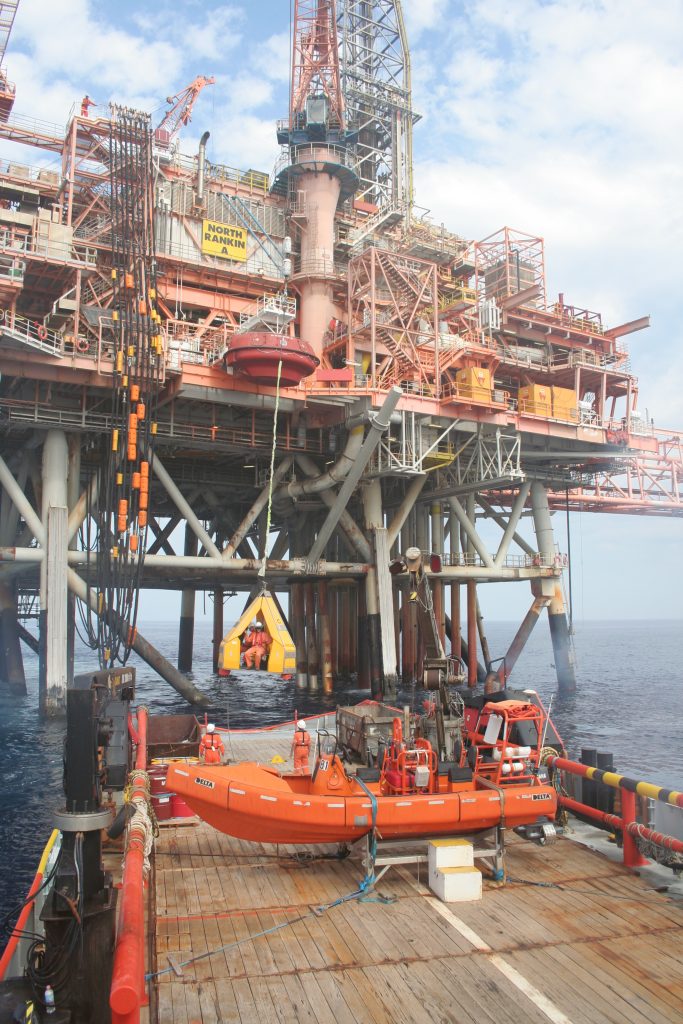 The Jones Act is a set of federal rules that protects American workers injured while working at sea. Also referred to as the Merchant Marine Act of 1920, this law allows qualifying sailors who have been involved in accidents or become sick while performing their duties to recover compensation from their employers. So does everyone that is injured or who becomes sick while working offshore automatically qualify for benefits under the Jones Act? Not always. In the following case that stems from an oil platform injury we see how the courts evaluate the seaman status (status necessary to receive benefits) under the Jones Act.
The Jones Act is a set of federal rules that protects American workers injured while working at sea. Also referred to as the Merchant Marine Act of 1920, this law allows qualifying sailors who have been involved in accidents or become sick while performing their duties to recover compensation from their employers. So does everyone that is injured or who becomes sick while working offshore automatically qualify for benefits under the Jones Act? Not always. In the following case that stems from an oil platform injury we see how the courts evaluate the seaman status (status necessary to receive benefits) under the Jones Act.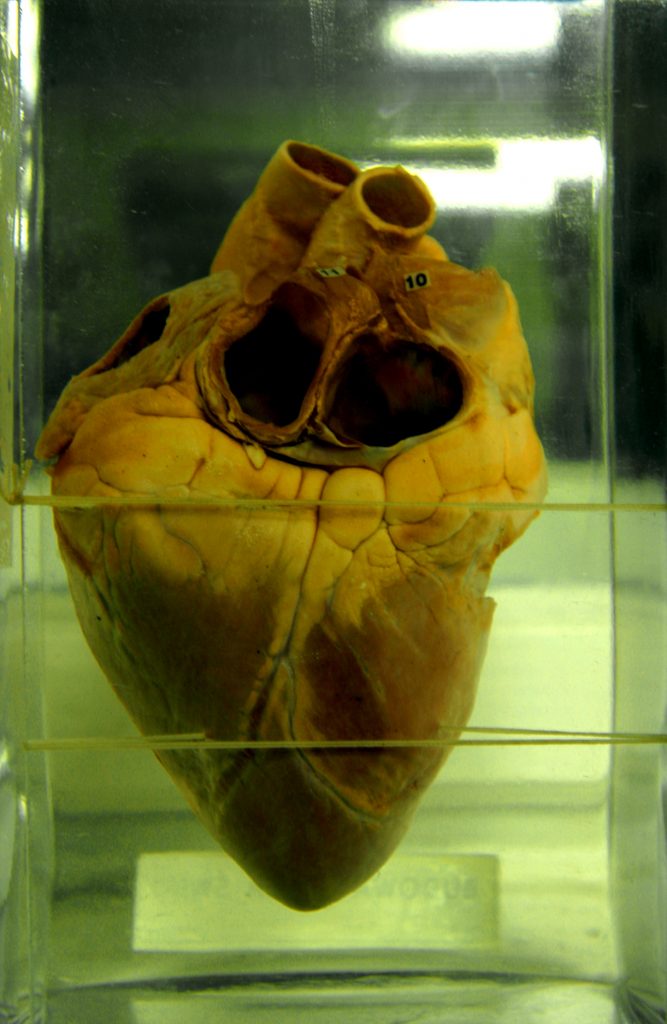 Inferior vena cava (IVC) filters were designed and sold as a supposedly secure fallback to help avert pulmonary embolism for patients who for various medical reasons could not take blood thinners. Unfortunately for over the last ten years these filters have continuously been alleged to have been at fault for adverse conditions due to breaking of the filter. The best IVC filter lawyers have been pursuing these claims on behalf of their clients for several years now. While you can get a full run down of this litigation from a Louisiana IVC filter claim lawyer here,
Inferior vena cava (IVC) filters were designed and sold as a supposedly secure fallback to help avert pulmonary embolism for patients who for various medical reasons could not take blood thinners. Unfortunately for over the last ten years these filters have continuously been alleged to have been at fault for adverse conditions due to breaking of the filter. The best IVC filter lawyers have been pursuing these claims on behalf of their clients for several years now. While you can get a full run down of this litigation from a Louisiana IVC filter claim lawyer here, 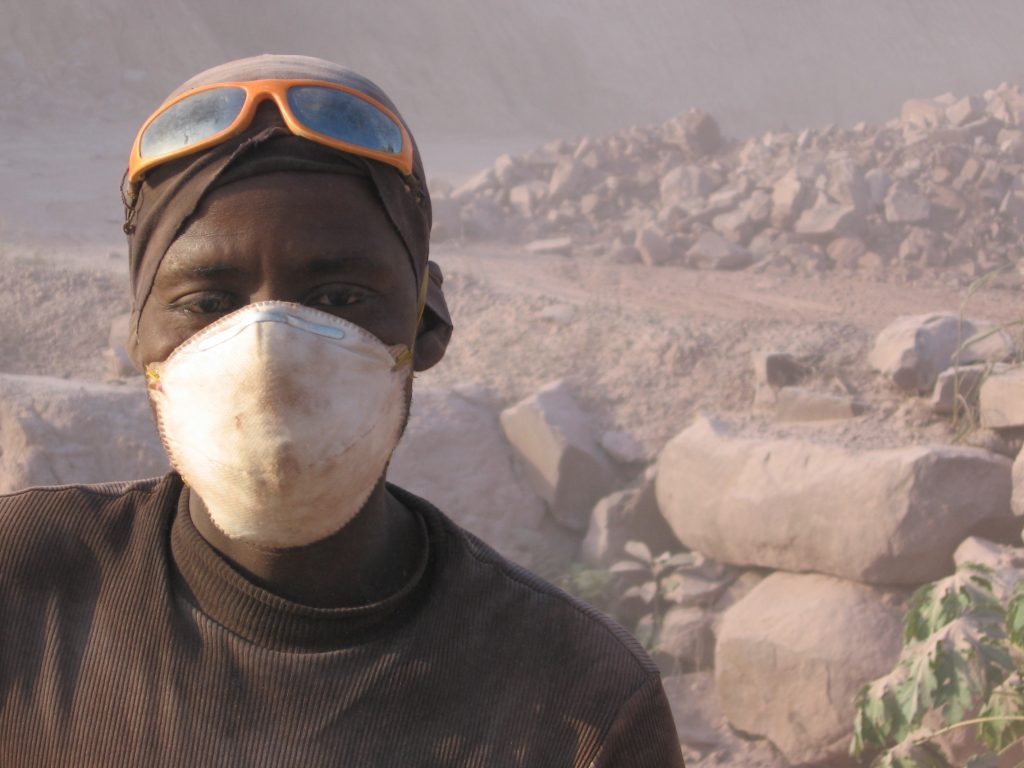
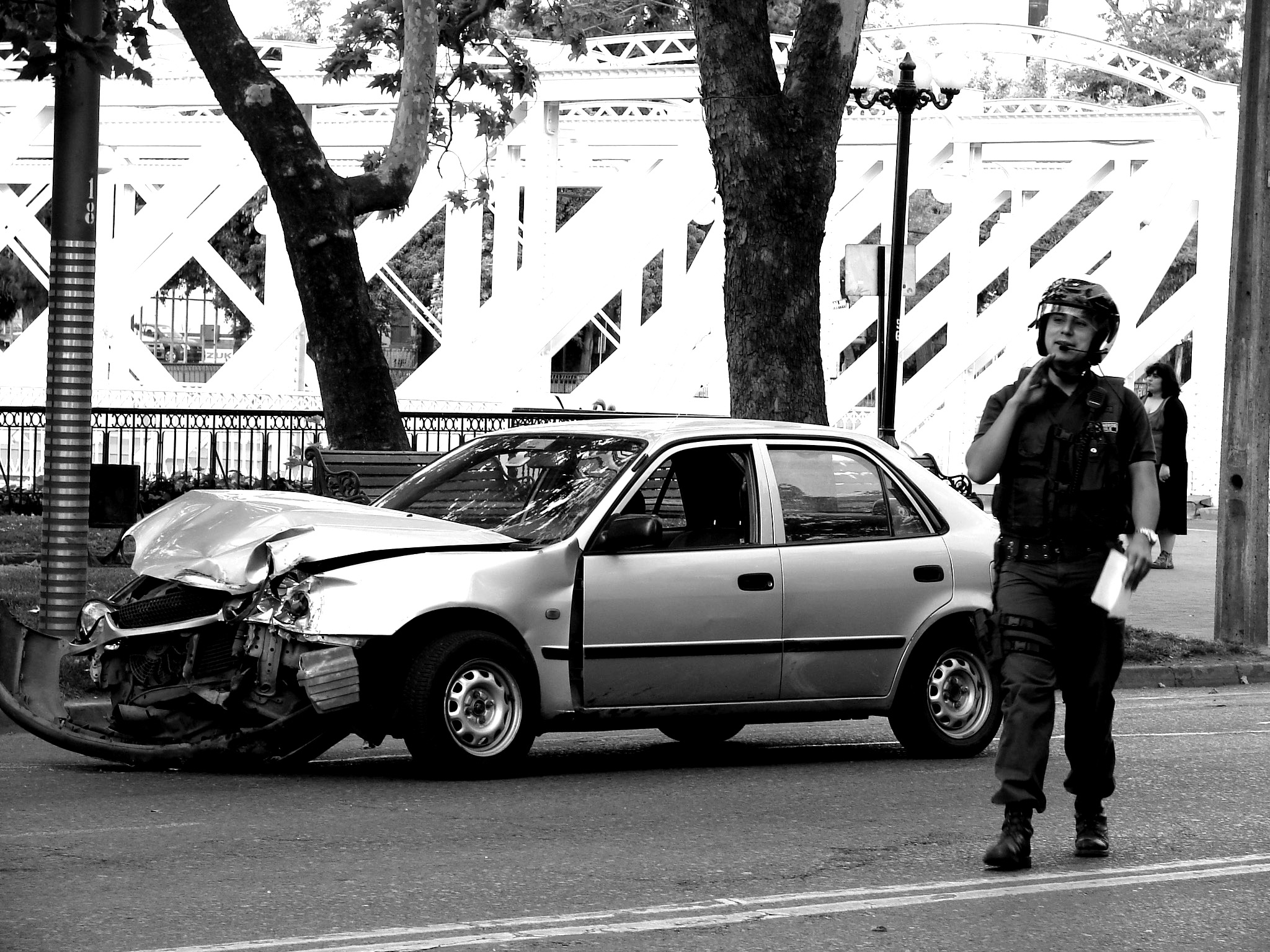 Being involved in an automobile accident or sustaining a serious injury can be very overwhelming. This is especially true if the accident was someone else’s fault. Although one may be disoriented after an automobile accident, it is pertinent that he/she follows all the necessary steps to ensure that the accident or injury is well documented. One’s first instinct may be to try to minimize the gravity of the situation; however, it is important to understand that a personal injury may have been sustained even if the symptoms are not immediately visible. One never knows if they will have a problem down the road from an injury sustained from the automobile accident, and therefore, a great attorney knows that their client will need proof and documentation to prove that the problem stems directly from the said automobile accident.
Being involved in an automobile accident or sustaining a serious injury can be very overwhelming. This is especially true if the accident was someone else’s fault. Although one may be disoriented after an automobile accident, it is pertinent that he/she follows all the necessary steps to ensure that the accident or injury is well documented. One’s first instinct may be to try to minimize the gravity of the situation; however, it is important to understand that a personal injury may have been sustained even if the symptoms are not immediately visible. One never knows if they will have a problem down the road from an injury sustained from the automobile accident, and therefore, a great attorney knows that their client will need proof and documentation to prove that the problem stems directly from the said automobile accident. 
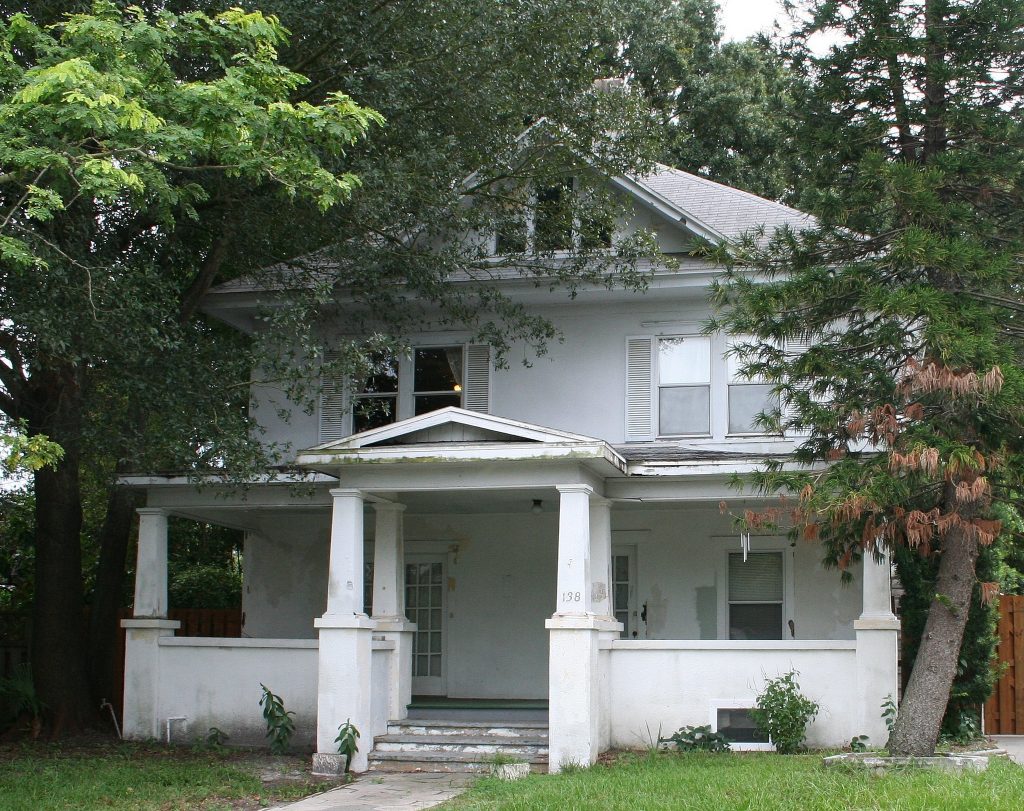 Under Louisiana civil procedure, it is well settled that “proper citation is the cornerstone of all actions.” If a party to an action is not served with process in the manner required by law, the result of that action is considered null and void. This requirement is intended to ensure that the defendant in a lawsuit is fully informed of the existence and subject of the plaintiff’s complaint. The concept of proper service is so essential, in fact, that even a defendant’s actual knowledge of a legal action cannot correct a defective citation and service of process. Therefore, a key skill of the attorney that you hire to represent you is a thorough understanding of the various and sometimes complex rules that control how process must be served on the defendant(s) in your lawsuit.
Under Louisiana civil procedure, it is well settled that “proper citation is the cornerstone of all actions.” If a party to an action is not served with process in the manner required by law, the result of that action is considered null and void. This requirement is intended to ensure that the defendant in a lawsuit is fully informed of the existence and subject of the plaintiff’s complaint. The concept of proper service is so essential, in fact, that even a defendant’s actual knowledge of a legal action cannot correct a defective citation and service of process. Therefore, a key skill of the attorney that you hire to represent you is a thorough understanding of the various and sometimes complex rules that control how process must be served on the defendant(s) in your lawsuit. No one wants to ever get involved in a slip-and-fall lawsuit. If your unfortunate enough to be injured in a slip and fall finding out who is responsible to pay for your injuries can become a troublesome matter. A recent Louisiana Fourth Circuit Court of Appeal opinion demonstrates just how complicated these lawsuits can get when a woman alleged she slipped and fell in the China Palace restaurant on South Carrolton Avenue in New Orleans.
No one wants to ever get involved in a slip-and-fall lawsuit. If your unfortunate enough to be injured in a slip and fall finding out who is responsible to pay for your injuries can become a troublesome matter. A recent Louisiana Fourth Circuit Court of Appeal opinion demonstrates just how complicated these lawsuits can get when a woman alleged she slipped and fell in the China Palace restaurant on South Carrolton Avenue in New Orleans.